Published Oct 16, 2024 • 13 minute read

As he tours the 20 Ontario Hockey League markets over which he presides, Bryan “Crawdaddy” Crawford clearly is comfortable wearing his newest hat.
The league’s newest commissioner never reached the major junior hockey level in his goalie pads, but then he had never swung a club in earnest before becoming the director of the RBC Canadian Open with Golf Canada, or nailed a three-pointer in a competitive hoops game before serving as the senior director of operations for Basketball Canada.
Advertisement 2
THIS CONTENT IS RESERVED FOR SUBSCRIBERS ONLY
Subscribe now to read the latest news in your city and across Canada.
- Exclusive articles from Elizabeth Payne, David Pugliese, Andrew Duffy, Bruce Deachman and others. Plus, food reviews and event listings in the weekly newsletter, Ottawa, Out of Office.
- Unlimited online access to Ottawa Citizen and 15 news sites with one account.
- Ottawa Citizen ePaper, an electronic replica of the print edition to view on any device, share and comment on.
- Daily puzzles, including the New York Times Crossword.
- Support local journalism.
SUBSCRIBE TO UNLOCK MORE ARTICLES
Subscribe now to read the latest news in your city and across Canada.
- Exclusive articles from Elizabeth Payne, David Pugliese, Andrew Duffy, Bruce Deachman and others. Plus, food reviews and event listings in the weekly newsletter, Ottawa, Out of Office.
- Unlimited online access to Ottawa Citizen and 15 news sites with one account.
- Ottawa Citizen ePaper, an electronic replica of the print edition to view on any device, share and comment on.
- Daily puzzles, including the New York Times Crossword.
- Support local journalism.
REGISTER / SIGN IN TO UNLOCK MORE ARTICLES
Create an account or sign in to continue with your reading experience.
- Access articles from across Canada with one account.
- Share your thoughts and join the conversation in the comments.
- Enjoy additional articles per month.
- Get email updates from your favourite authors.
THIS ARTICLE IS FREE TO READ REGISTER TO UNLOCK.
Create an account or sign in to continue with your reading experience.
- Access articles from across Canada with one account
- Share your thoughts and join the conversation in the comments
- Enjoy additional articles per month
- Get email updates from your favourite authors
Sign In or Create an Account
or
Article content
If playing experience was a prerequisite for a job in sports, Crawford, a former running back who wore Toronto Argos colours for 112 games in the early 2000s, would be better suited for a position of power in the Canadian Football League.
Perhaps with his hometown Hamilton Tiger-Cats.
The following is a slightly edited version of a half-hour conversation with the 42-year-old Crawford, who took over as OHL commish from David Branch, before an Ottawa 67’s game at TD Place.
Q: It’s 1998 in Hamilton and I’m settling into my auditorium seat for “No Day But Today”– What am I about to watch?
A: This question again? That was one of the ones asked just recently. I find it a very peculiar to be asking about what you did in high school as it relates to musical theatre. That’s funny. Yeah, that was a play we did for the Sears Drama Festival that we wrote, produced and directed … the whole thing … with friends I was with in high school. I was very active in the theatre and played football. A Renaissance man, I guess. (laughs).
Q: What were the reviews like?
A: Good. We won an award for writing. A friend of mine, Rob Peace, went on to be a wonderful writer.
Advertisement 3
Article content
Q: How close were we to knowing Bryan Crawford as an actor?
A: Not close at all.
Q: You were the sixth running back selected in the 2005 CFL draft. Who was the first?
A: No idea. I didn’t know I was the sixth. Les Mullings was probably taken pretty high that year. (He was, 20th overall by the Ottawa Renegades). He was a Hamiltonian who went to St Mary’s in Halifax. Hec Crighton Trophy candidate. I would imagine he may have been taken first that year. I’d have to look it up. I know I was one of the last from that group to retire, though. Jeff Keeping may have been the last. He was a teammate of mine. Long-time CFL offensive lineman, great teammate. But, yeah, I’m proud that I had a pretty lengthy career.
Q: Who wins a 40-yard dash today: You or Jesse Lumsden (who was the first running back selected in 2005)?
A: That’s a good question. I was faster than Jesse back then. So I’m going to go with me. He had a great bobsleigh career. I just saw him this past summer, he came out to the Canadian Open. It was great to see Jesse. What an athlete.
Q: If the NCAA is open as an avenue for major junior players, what threat might that pose to the OHL?
By signing up you consent to receive the above newsletter from Postmedia Network Inc.
Article content
Advertisement 4
Article content
A: I think it’s a tremendous opportunity for the OHL. I think it’s a tremendous opportunity for young players, obviously here in Canada and really internationally as well. Having an opportunity to allow young players when they’re 14, 15 to not have to decide, ‘Hey, universities is the route I’m going to go,’ now they have the opportunity to do both. And I think that’s great for our league. It’s great for the players, it’s great for the development pathway. So I think that’s a really positive change for our league and for hockey as a whole.
Q: No cons to go along with the pros?
A: Well, it certainly disrupts the hockey development pathways in many ways and has ramifications for other junior leagues, certainly in Canada and North America, and youth sports in Canada as well. But generally speaking, I think for the development of players, it’s a positive change.
Q: You spent almost a decade at Ontario University Athletics. How much would an open NCAA window threaten the level of play there?
A: I would suggest that certainly it’ll have a meaningful impact on U Sports hockey. It will likely change the profile of players that are playing in U Sports. Players who currently graduate from our league and move on to U Sports may now pursue opportunities to move on to the NCAA. So obviously that’s something U Sports has to look at and evaluate. For us, we have to focus on what we can control and that’s our league, and making sure that it is the best development opportunity for 16-to-19-year-old players.
Advertisement 5
Article content
Q: Why hasn’t the OHL been able to succeed in the Greater Toronto Area?
A: I would say that the Oshawas of the world have been very successful, but certainly Toronto proper is a very competitive marketplace, with offerings across sport and entertainment, of course. So I think that’s one of the challenges. We have been extremely successful in medium- to small-sized markets across Ontario, Pennsylvania, and Michigan, where the teams have been the core of what that community is about. From my experience working with the PGA Tour at Golf Canada, that it was even challenging for us there as a major international sports event property because you have everything that there is to offer in the GTA. So I think that’s one of the challenges. To say that OHL hockey can’t work there. Here’s a major market, eight (pro) teams, I think here in Ottawa and (the 67’s) is one of the most successful franchises that we’ve ever had. I think that shows it can work in bigger markets with additional competition. So it needs to continue to be a priority for us that we have a footprint and exposure in the greater GTA area, without a doubt.
Advertisement 6
Article content
Q: What are the optics of an OHL team in Brampton drawing 1,500 fans a night?
A: I think that for them, and for us in Brampton, we have to build a fan base there, right? We haven’t been in Brampton in several years. It is a city that has grown and continued to evolve and is a fast-growing community. It’s a community with different demographics of people that we have to open their eyes to the OHL and the product we have, and what it means to be a fan of the league. And so that’s a project we’re all going to have to lean into and build and it takes time to do that. We’re lucky that the Steelheads have a great team this year and the product is extremely exciting, and that’s the goal. We look at Saginaw as an example. Twenty-two years ago people didn’t think that was going to work there. It was a struggle and they stuck with it, and that community built and built and built, and 22 years later, they’re hosting the Memorial Cup and now Memorial Cup champions. I had the chance to go down and visit there just a couple of weeks ago, and the community is incredibly supportive of that team, and it now speaks for what that shared experience is of being from that region. That’s a great example for us as to what we can do with hard work and effort.
Advertisement 7
Article content
Q: Michael Andlauer said he doesn’t expect the Bulldogs will return to Hamilton. Why can’t your hometown hold onto any of its OHL teams?
A: That’s an interesting question. Most of my life, Hamilton was an AHL market and didn’t have OHL teams. I think it is certainly a great sports market. The Hamilton Tiger-Cats are fantastically successful. There are great hockey fans there, you know, great minor hockey in the Hamilton area. And it’s certainly a market that I think can successfully be fans of the OHL. I think it’s unfortunate that the timing with the redevelopment of the building in Hamilton occurred, and kind of led the Bulldogs to have to find a new home. And we saw them wildly successful, winning the championship there, and the support for the team was fantastic. But at the same time, an unfortunate sequence of timing with the building development stuff allowed us to find an unbelievable diamond in the rough in Brantford, which maybe a few years prior, no one would have pointed to on a map and said that can be what it already has become, and what it may have the chance to build into in the future years. So I think you take that with a view of optimism that wow, that unveiled perhaps what will be a fantastic long-term marketplace and fan base for us in the city of Brantford.
Advertisement 8
Article content
Q: What role, if any, do you see yourself playing as several communities — Brantford and Sudbury included — debate building new arenas?
A: That’s certainly a big part of the future for the league and continuing to establish buildings, renovate buildings, build new ones. And that’s a big part of the success of our league and a big part of our job at the league office, to continue to demonstrate the benefits to having major junior OHL hockey in a community and the benefits to the community of having facilities that can host teams and host other events, and serve as a focal point for bringing the community together. We’ve seen that in countless marketplaces, what those facilities do and mean to the community. So having an opportunity to build new buildings in those sorts of markets is a wonderful opportunity for both the communities and our league as well. So our job is to support the teams and support the markets and promote the benefits of the league, and the economic benefits of the league are tremendous to communities. We’ve done a study recently, and we’ll be releasing the results of that study on the economic impact of the CHL and of our individual leagues and teams. And it is extraordinary, just the depth of impact that the league has.
Advertisement 9
Article content
Q: How many OHL markets have you visited?
A: There’s a difference between having been in OHL markets throughout my lifetime and being in OHL markets as commissioner. I just started my league-wide tour two weeks ago. So I visited Saginaw and London to start, both teams that were raising banners. We visited Owen Sound last week, and then Ottawa here this week, head up to Barrie next week. But the plan is to visit all 20 markets before our Christmas break, so we’ll get a chance to really learn the league from the inside out. Growing up as a hockey player, I’ve been to other markets, and throughout my career, especially my career at the OUA that has so many institutions, so many of the same markets, and have been to many of those communities before. So they’re by no means foreign to me, but in the new role, we’re just getting started on our league-wide tour, which has been great to date.
Q: You have spoken about the importance of player safety. Can you see a time in the near future when fighting is eliminated from the OHL?
A: I think our job is just to continue to evaluate the trends in hockey and how the game is evolving. It certainly has prioritized speed and skill more and more in recent years. Our job as a development league is to continue to stay on trend and to continue to stay modern. Our job in developing young people is to ensure that their health and safety is taken at the highest priority and that we ensure that we protect our players. And so it’s our job, with all of our rule sets, to continue to evaluate them, to continue to ensure that we’re growing and developing and modernizing and also leading the way.
Advertisement 10
Article content
Q: You played rep hockey in Hamilton. Did you ever drop the gloves?
A: Nope, I was a goaltender.
Q: Goalies fight.
A: Yeah, but you don’t drop your gloves.
Q: Give me the highlight of Bryan Crawford’s minor hockey career.
A: Our team won an Alliance Championship, probably U-13ish, somewhere around there. That was pretty cool. Unfortunately, I was in street clothes. I played in the first half of that series, then missed the last two games, maybe, because I broke my arm skiing in Holiday Valley in Ellicottville during the March break. But yeah, being part of the Ontario program as a 15-, 16-year-old was pretty cool. Playing with guys like Michael Cammalleri and Steven Ott and some of these great players that had great NHL careers was pretty cool.
Q: When was the last time someone called you “Crawdaddy?”
A: Yesterday? That is my nickname, bestowed upon me by Michael “Pinball” Clemons and it is a nickname that has followed me since my football days. There are certainly a lot of media members that may only know me by that name. I don’t think Rob Black’s ever called me anything else.
Advertisement 11
Article content
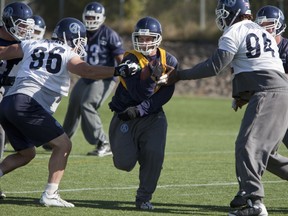
Q: What was the most surreal part of being around the Toronto Argonauts in 2006 when Ricky Williams landed on the roster?
A: Ricky was a great teammate. He really was. Ricky might have been one of the most famous athletes in the world at the time. He was very notable. He and I became friends. He was an extremely hard worker. He was happy to be in the league, happy to be part of the team, wanted to contribute. Unfortunately he got injured early that year and broke his arm in Saskatchewan. So the season was interrupted for him and he got back late in the year, with maybe not very many games left. But yeah, Ricky was great. There are lots of good stories about how the fans kind of would razz him and stuff in the different places we went. And he always took it in stride. We went shopping at Limeridge Mall one time and some people recognized him, and he just basically got swarmed. That was kind of the closest I’ve ever been to that level of notoriety, but, yeah, he was a great teammate.
Q: What might be some of the similarities between the CFL and the OHL?
A: The most obvious is the roots in Canada, deep roots in the communities they are in, both the CFL and the OHL, and the CHL as a whole. The passionate fan bases that we have because of those connections like that. One thing I’ve really just come to appreciate even more is just how deeply seated the fandom is for our league, and that was the same in the CFL, and that’s pretty unique. That’s pretty special. That’s a great place of strength, for us to continue to build this league and the business and move forward. So, you know, very resilient leagues, both leagues, and are incredibly important to the fabric of Canadian culture.
Advertisement 12
Article content
Q: You have worked in football and university sports and golf and now, hockey. What sport is next?
A: I also worked in Canada basketball. Yeah, OUA, Canada basketball, golf. And now here. I hope it to be hockey for a long time. That’s the plan. This is a very unique opportunity, to get the chance to serve as commissioner of the OHL, one of our most revered and important sports institutions, certainly in hockey, in Canada, and internationally. So to have the chance to fill this role, to pick up the reins for David (Branch), and what he built over 45 years is pretty special. And to get to go forward, most importantly. What I’ve said is that the mission of this league is developing young people and supporting the communities that we’re in. The development of elite hockey players is just a byproduct of those things, and to get to do that, that mission of developing young people, supporting our communities, and then running the sport and entertainment property … that’s a pretty special place to be able to spend your time in a pretty noble pursuit.
Q: What is the most athletic thing you have done in 2024?
Advertisement 13
Article content
A: I ski regularly. Our family is a big skiing and snowboarding family, so certainly skiing this year would probably be right up there.
Q: No men’s rec leagues?
A: No. I’m doing a lot of coaching. Coach a rep baseball, a Tier 1 baseball team, Ancaster Angels, U-13 this year. So coaching the baseball team, I try to get out there and be really active as a coach with them. I help coach a flag football team, a club flag football team with John Behie, a McMaster Marauders graduate, former OUA coach as well. We have a very good club flag football team that’s had a lot of success this year. So I spend most of my time coaching amateur players. And then you know, the recreational sports are skiing and golf for me now.
Q: What kind of golfer are you?
A: OK. I wasn’t a golfer before I started working at Golf Canada. Not at all. So for them to hire a guy that didn’t play golf to lead one of the biggest golf tournaments in the world, I think some thought was quite surprising. But I certainly adopted the sport and had the chance to work with our coaches and be taught the right way. So I was able to develop my game and be at least reasonable.
Article content
.png)
 4 days ago
5
4 days ago
5

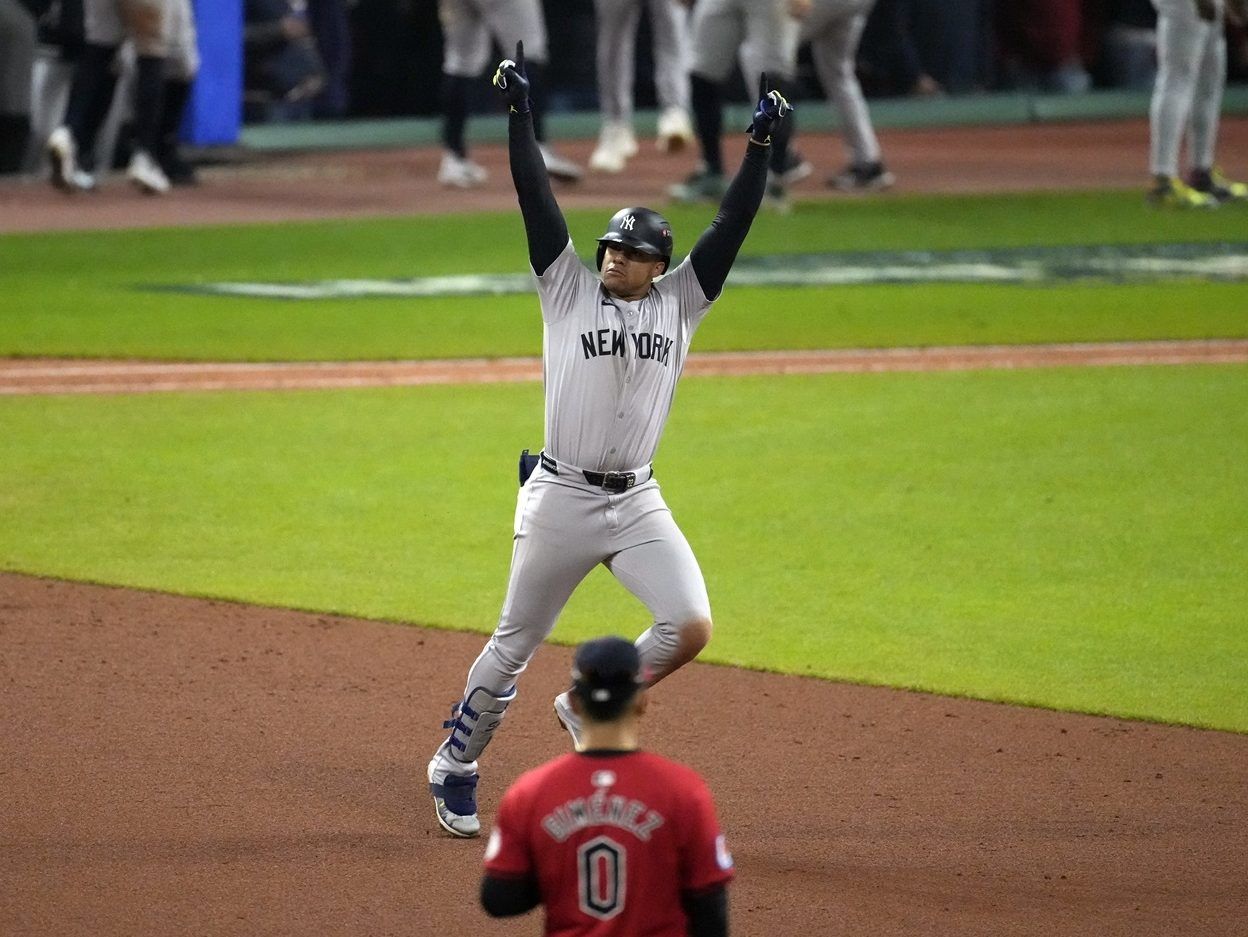
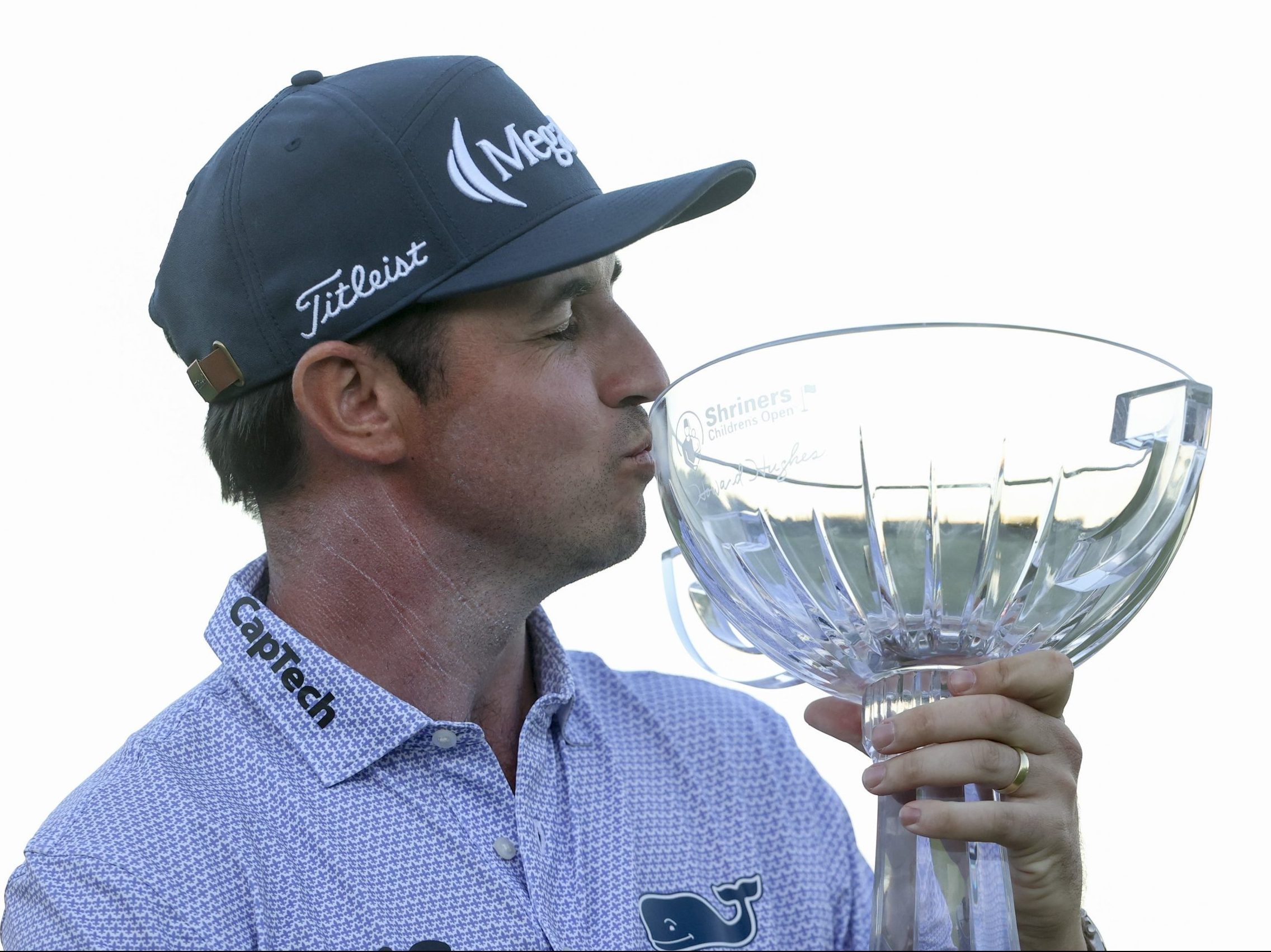


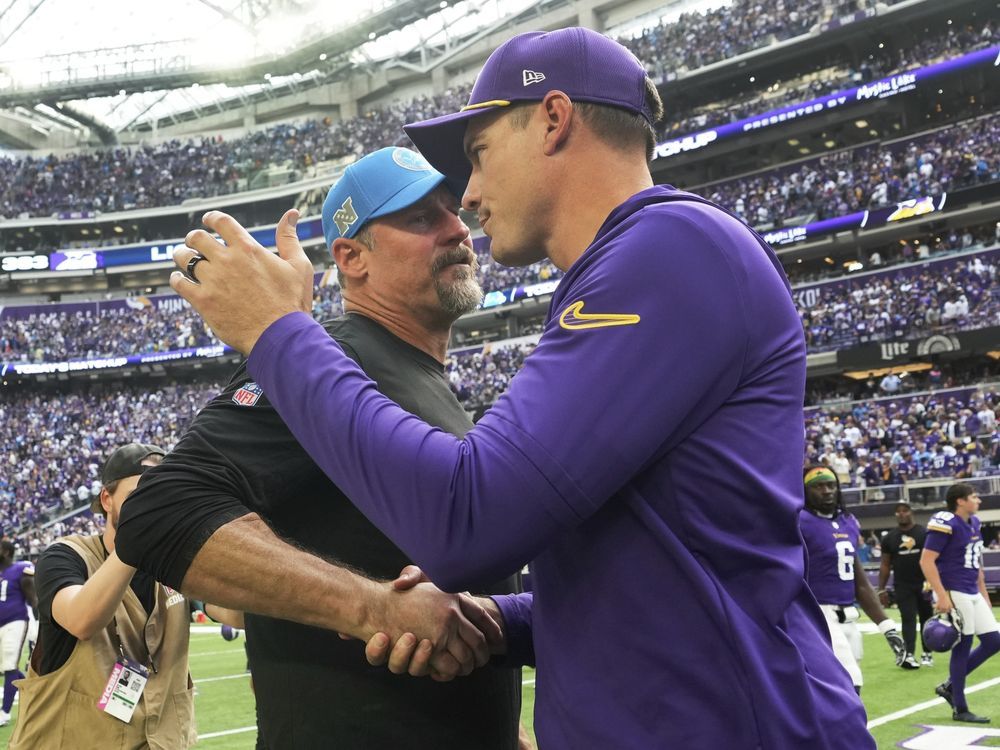
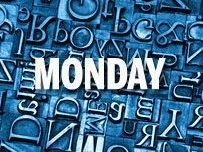
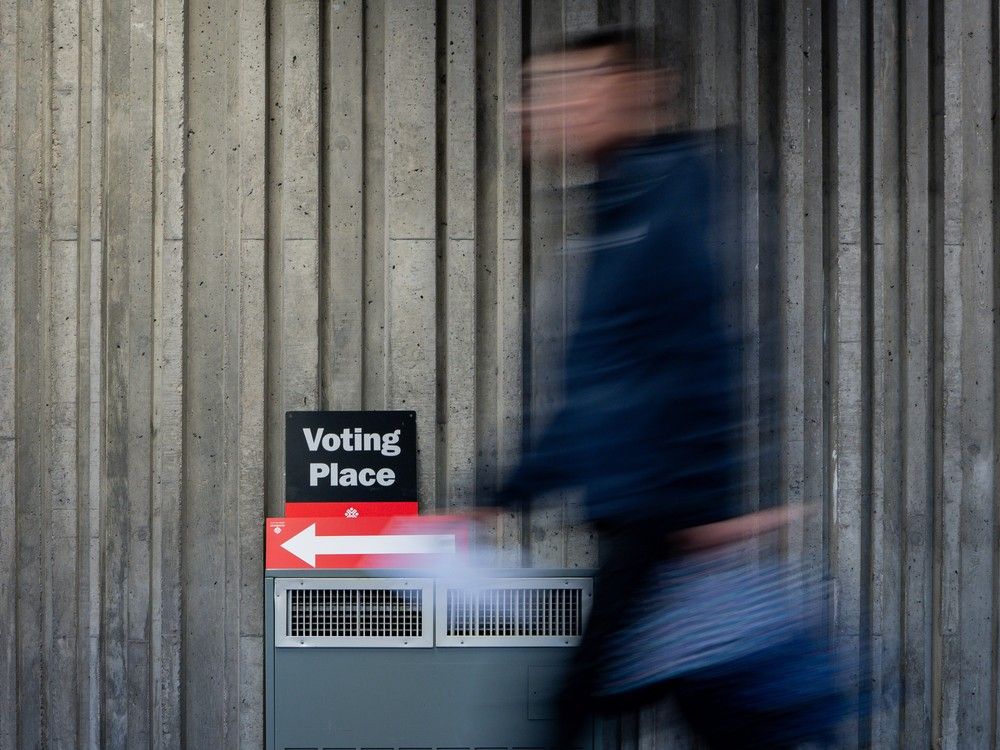
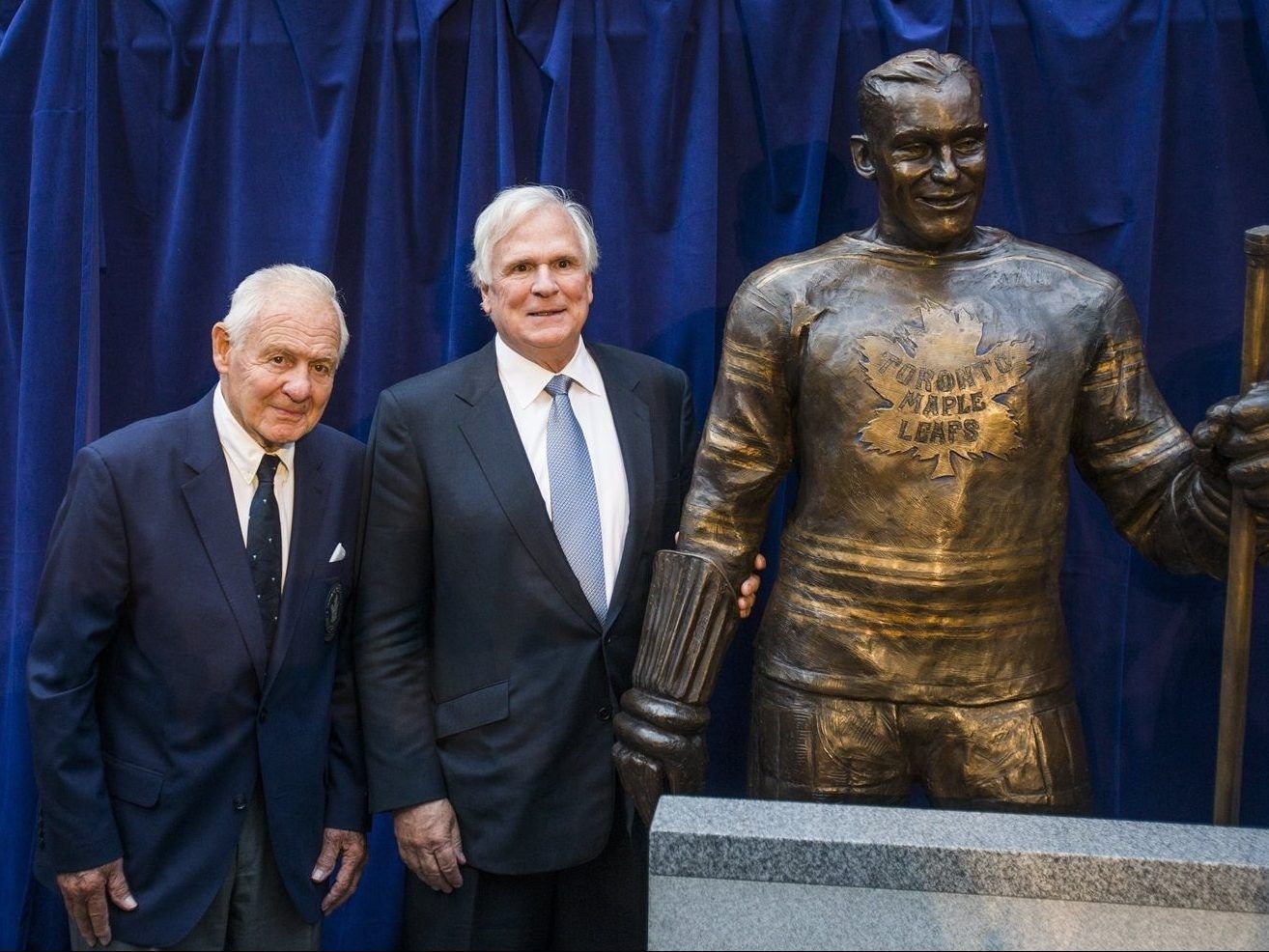
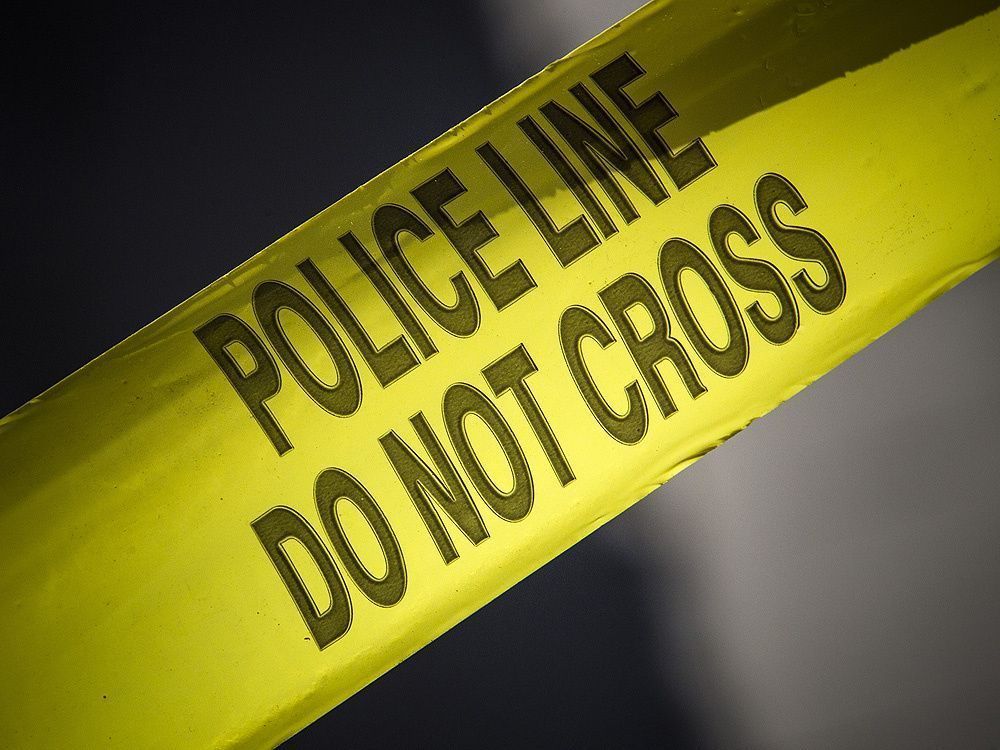














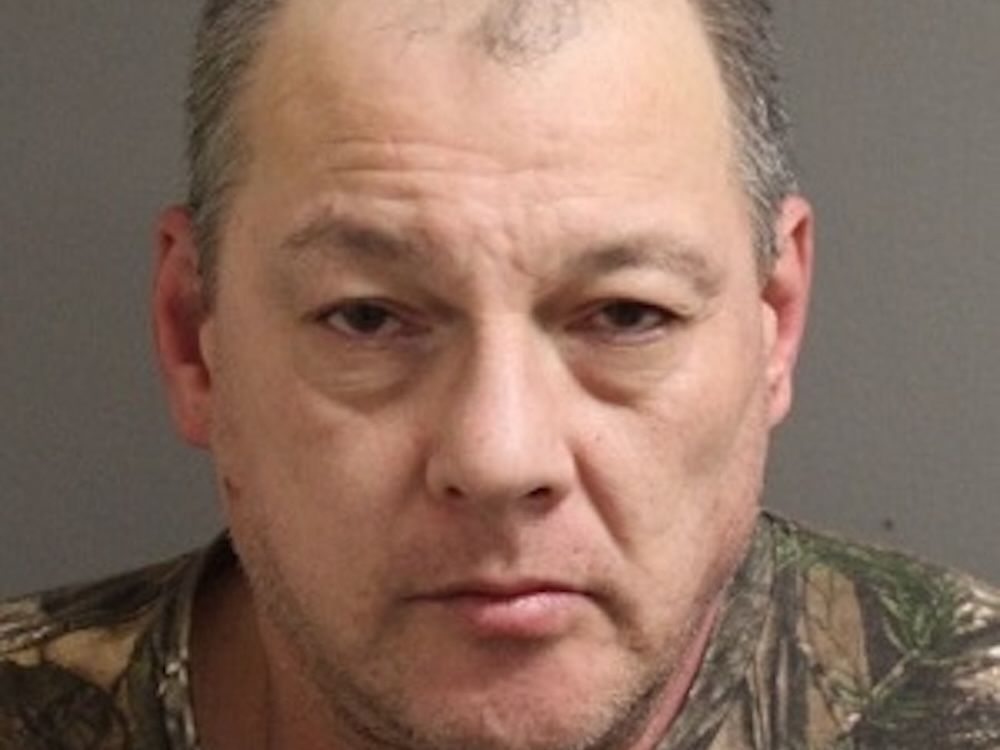
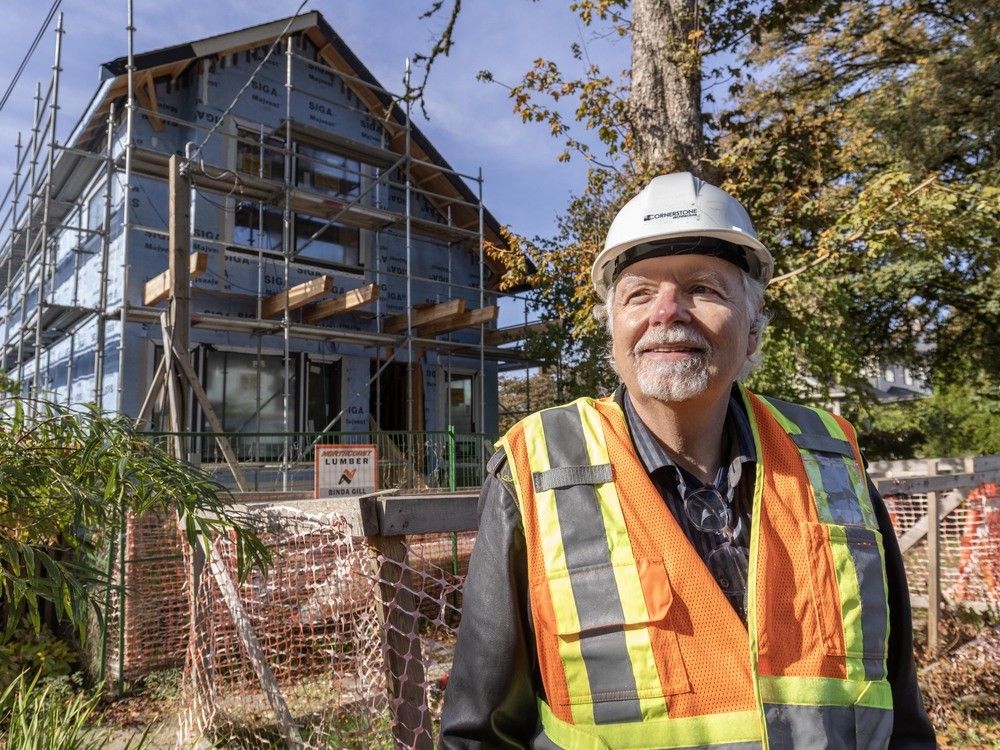
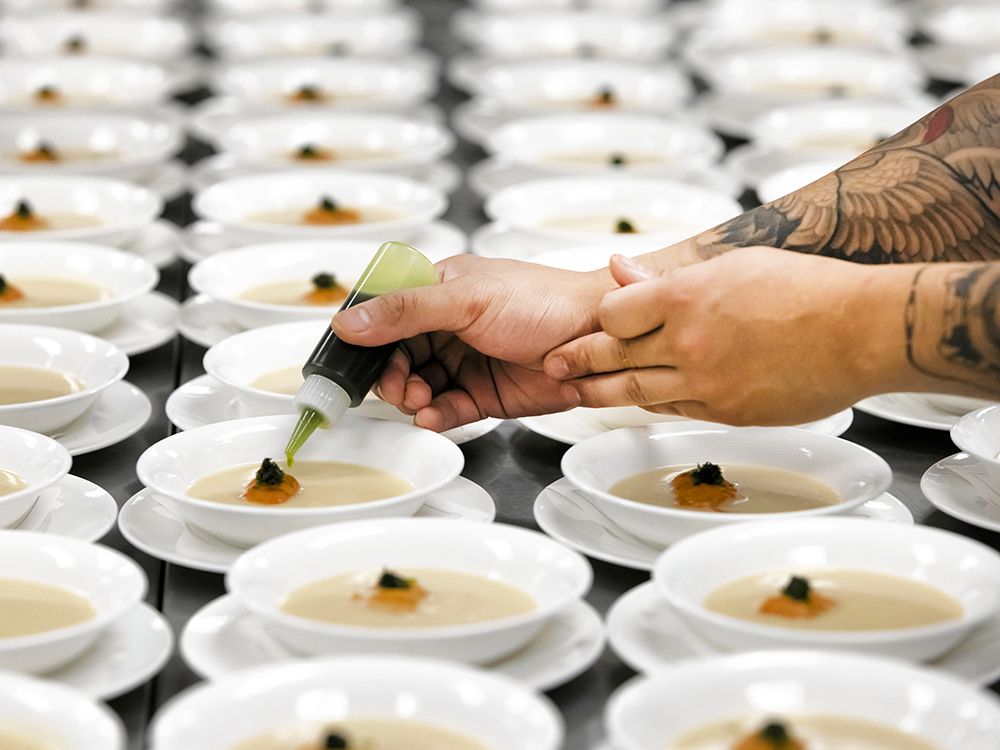
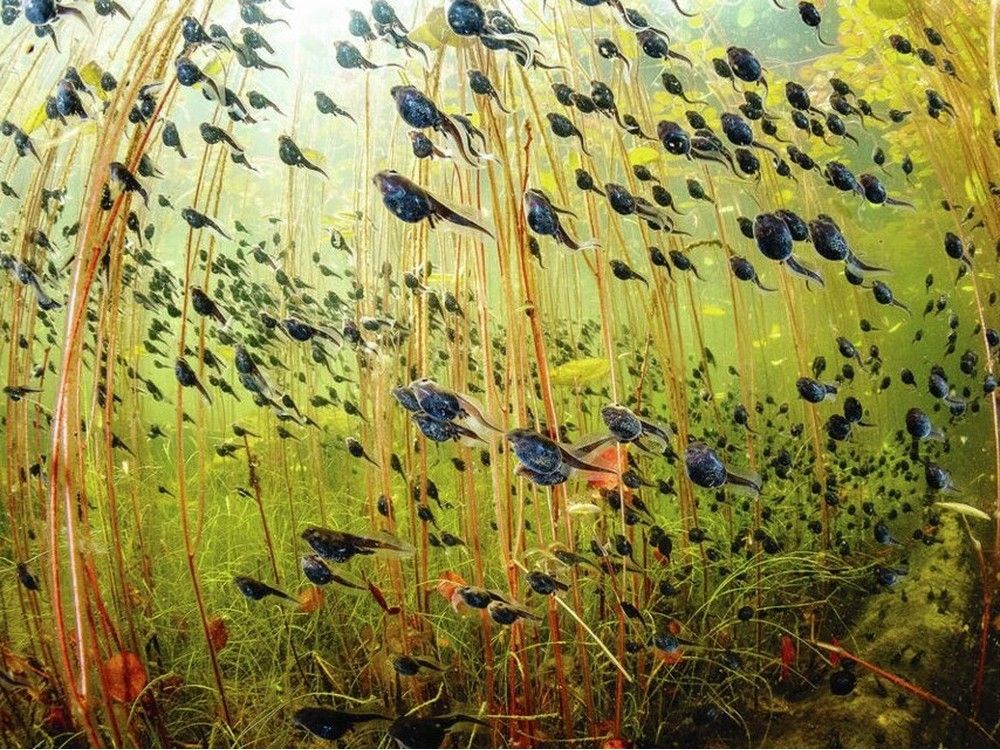
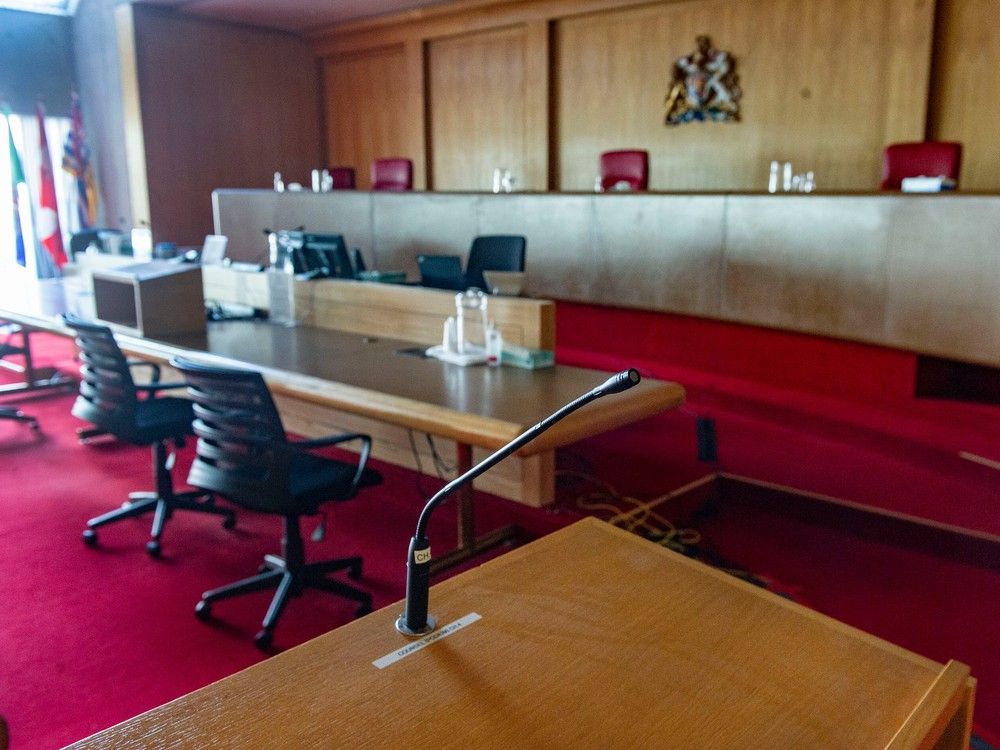


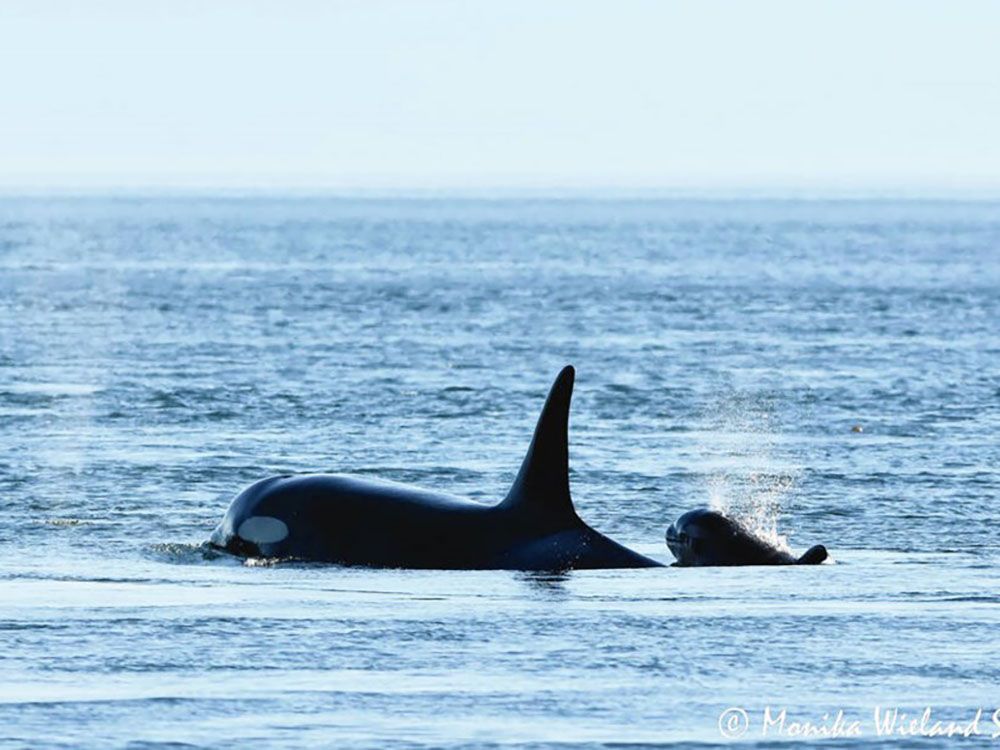
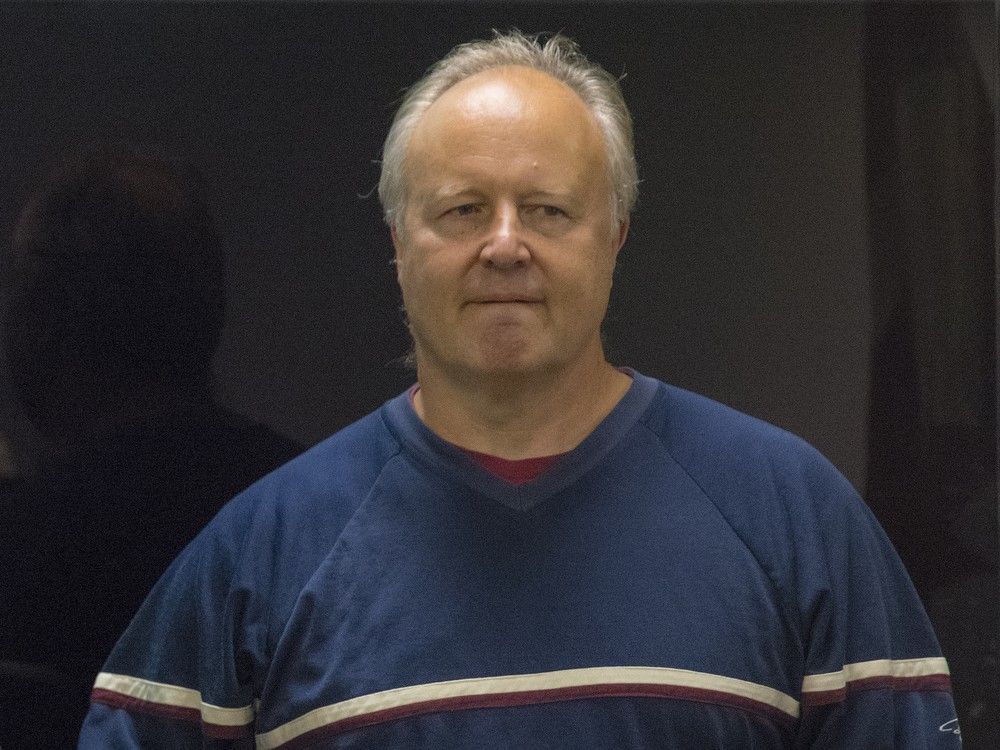
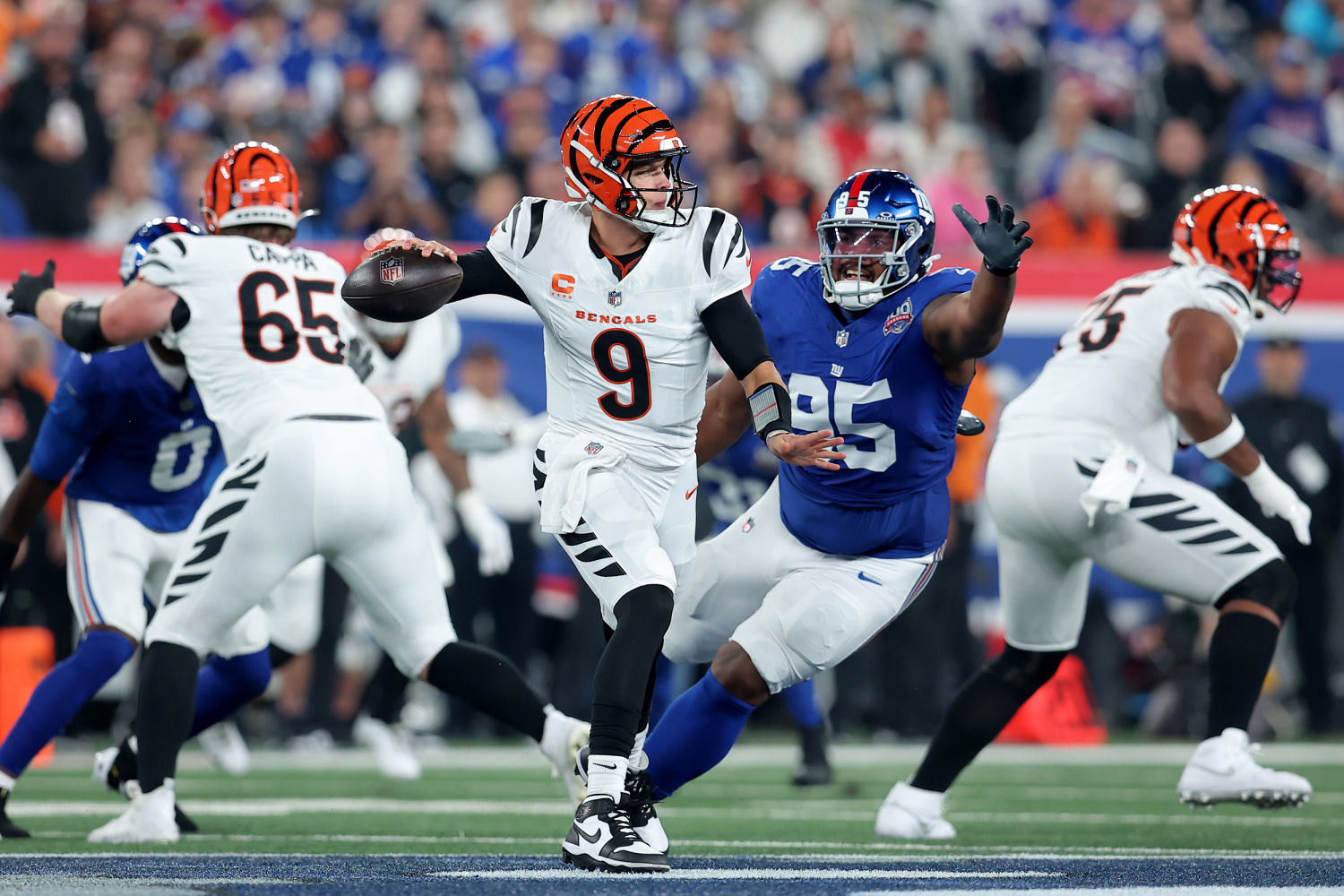
 Bengali (BD) ·
Bengali (BD) ·  English (US) ·
English (US) ·